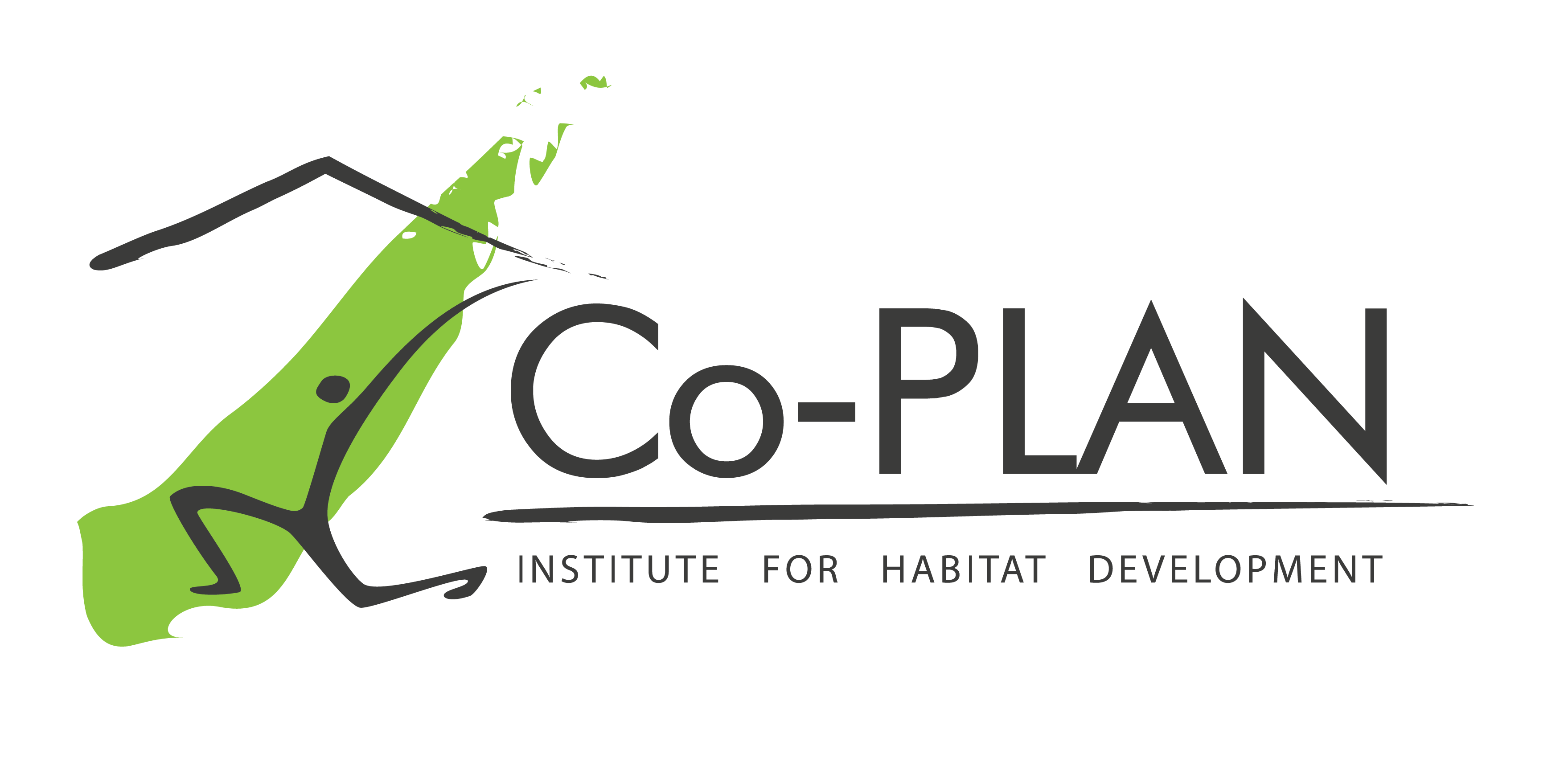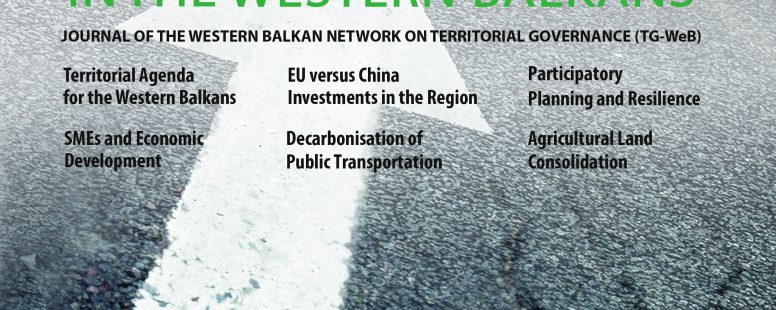Decarbonisation of the Public Transport Sector in Tirana
Annual Review of Territorial Governance in the Western Balkans, I, 2019, 107-119 Rodion Gjoka, Gerti Delli Summary The transport sector is one of the main contributors of air pollution, accounting for 25% of gas emissions in the European Union (EU). In Tirana, Albania, the transport sector plays a big role in pollution concentrations, affecting public health. Compared to other countries, the heavy industry and energy sectors in Albania are barely

